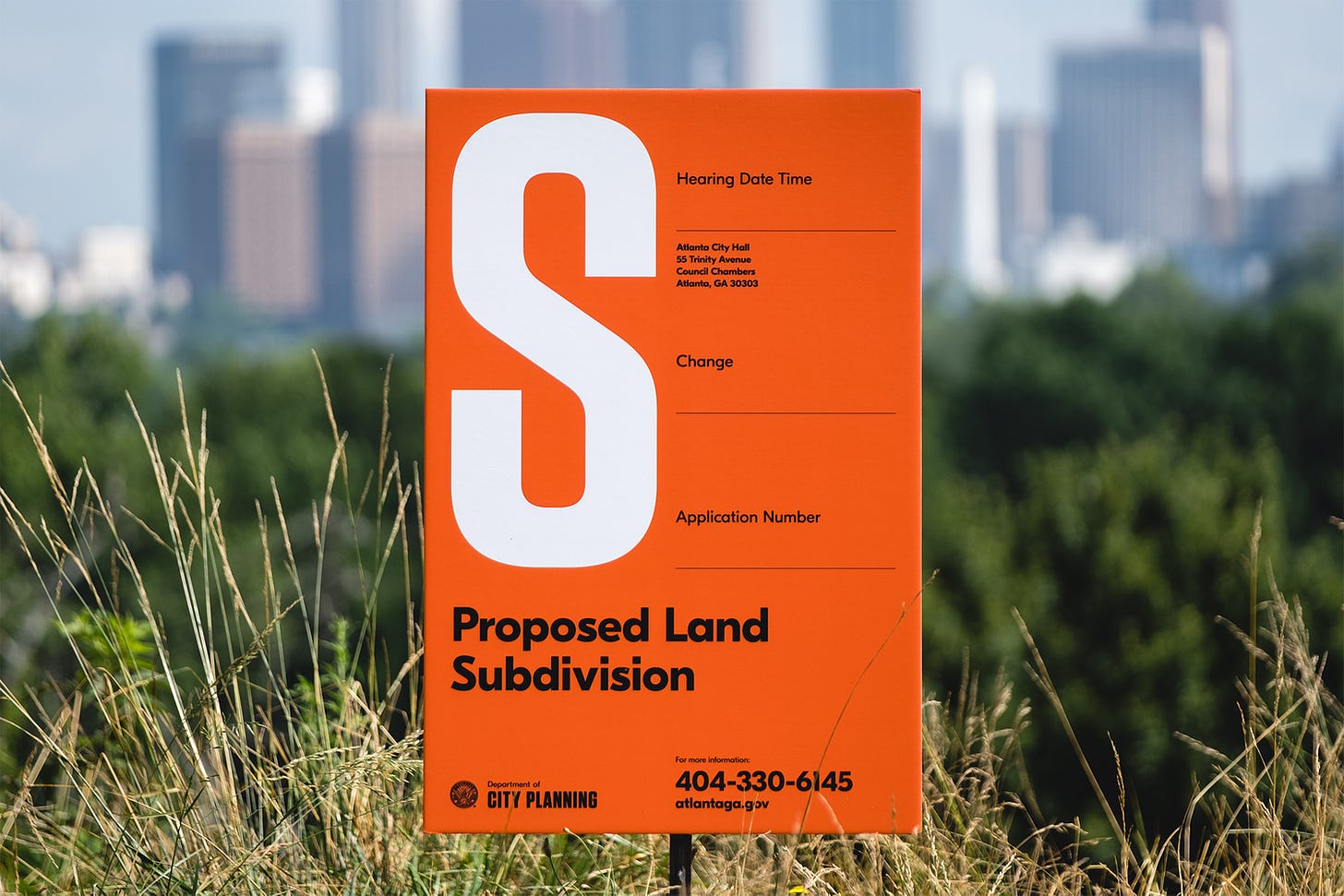The Problem of Public Notice
This post was created in response to the CityDAO competition for the best answer to: “What major problem could potentially be resolved with a network city and how?”
It took 4 years before I found out there was an email distribution list for all the residents on my street. I’ve seen properties in my neighborhood be redeveloped in ways that required public notice (like a home that was adding a 4th level and zoning laws said it could only have 3). I never submitted public comments. Not because I didn’t want to - but because I had no idea it was happening.
In both cases, I had to opt-in to get updates. I had to find the neighborhood mailing list and sign up, or physically go to the neighborhood meeting.
This is problematic. It should not be difficult to hear about issues in your neighborhood or be notified of opportunities to provide input. What if, based on your property address, you automatically received notifications to participate in these critical parts of city and land use governance?
How would the city know which groups you belong in, and how would you get updates?
It’s easy if you are in a crypto/network city. When you buy a property in a crypto city by purchasing a NFT, your ENS name (linked to your ethereum wallet receiving the NFT) will become automatically associated with that property. Along with your ENS name (AnonymousHippo13.eth, for example), the email/twitter/discord/telegram address that you have associated with that .eth name will also be linked with the property.
Using simple GIS tools, your property would automatically be assigned to a governance stack which will give the owner (you) access to vote and participate in governance of multiple geographic areas of which your property is a part. For example, your house belongs to a Street A, Neighborhood B, U.S. House of Representatives District C. Events that require public comment in your land use governance stack will automatically trigger a notification to be sent to the address of your preferred messaging platform as specified in your ENS name properties.
Example of a Land Use Governance Stack
Here are some examples of the things each level in your stack might notify you about (if you want more, including diagrams, see the full post on Land Use Governance Stacks):
Street: Notifications about power outages affecting your street, when the sidewalks will be replaced, and temporary parking restrictions.
Neighborhood/District: Notifications about public comment opportunities for projects/elections within the neighborhood boundary, weekly digest of things like crime reports, restaurant closings, park opening hours, special neighborhood events.
State: Notifications about statewide elections or ballot measures, and the legislative agenda for the upcoming session of the state legislature.
There will always be people who choose not to participate, even after being notified and given the opportunity to comment or vote. But the problem of people not being notified at all? Network cities can solve that.
Tags: hashGovernance, hashLandUseAndProperty, hashCityDAO




